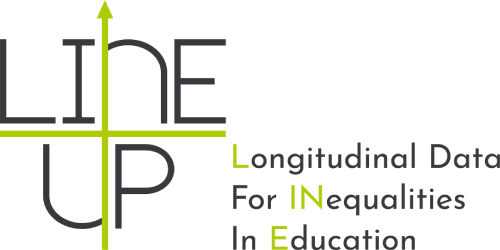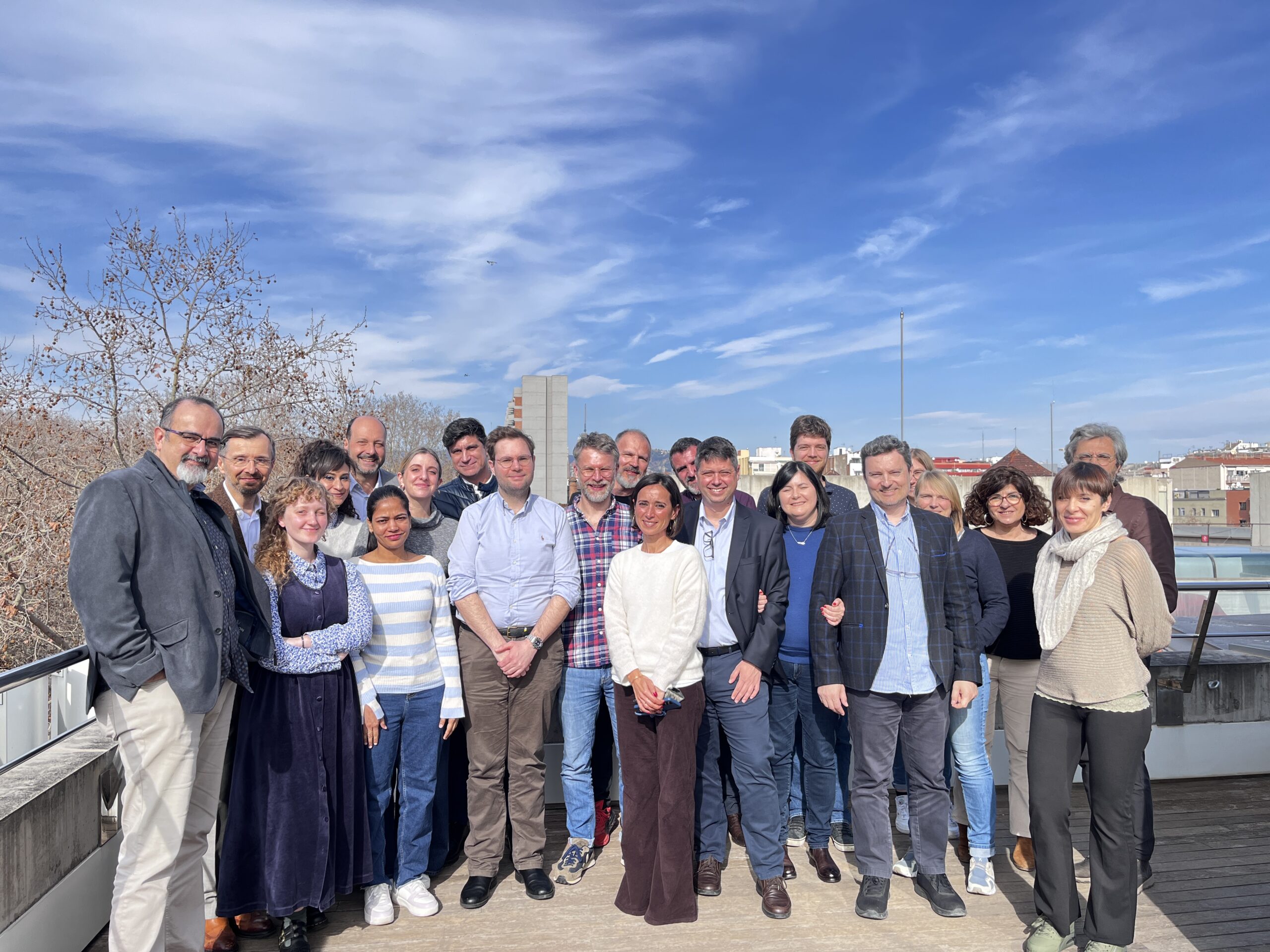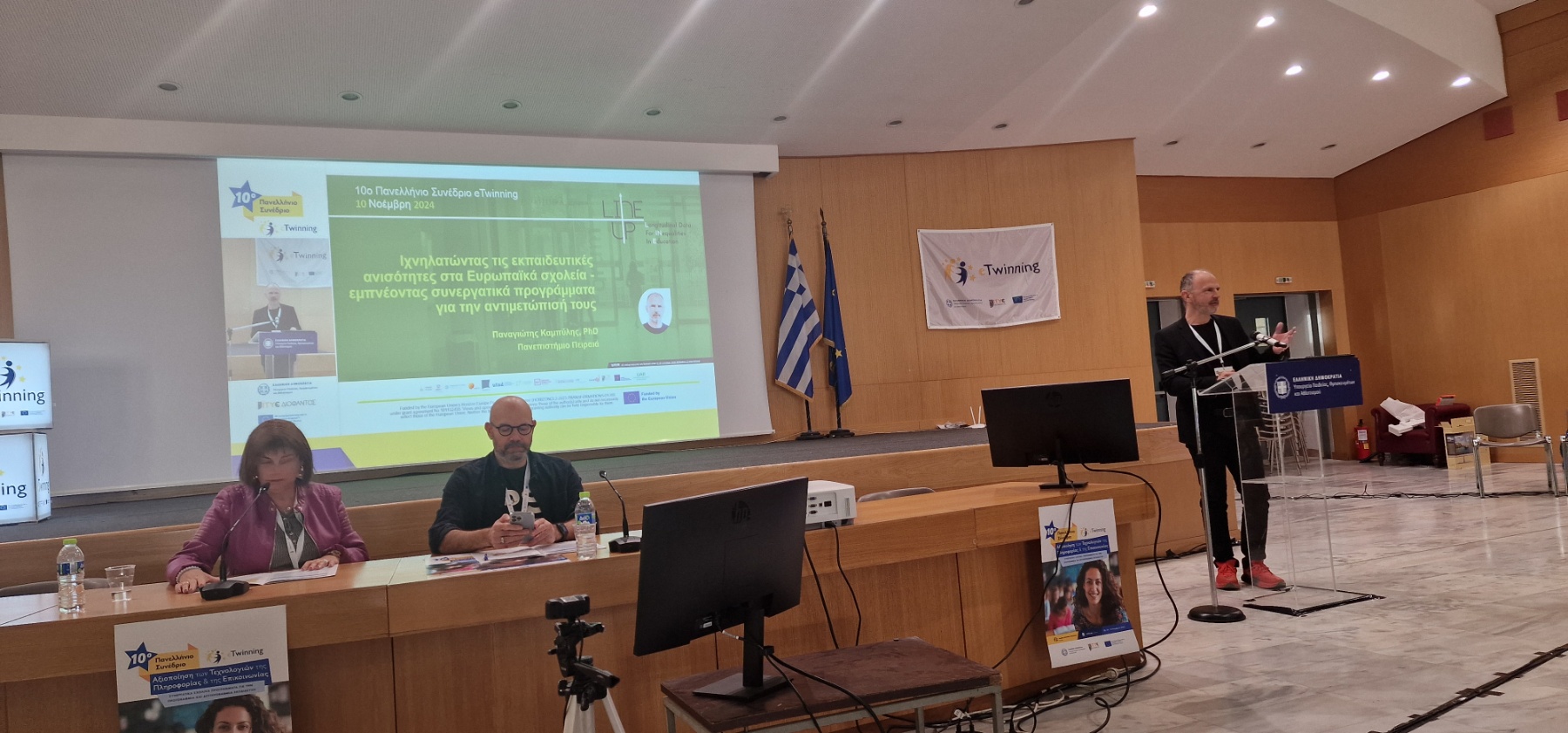LINEup: Building a Fairer Education System Across Europe
The LINEup project, funded by the European Union’s Horizon Europe Programme, began in February 2024 with an ambitious goal: to uncover what drives quality education for all. By mapping and analyzing existing longitudinal data on students’ learning outcomes at primary and secondary level, LINEup is paving the way for evidence-based policies and targeted interventions to reduce educational inequalities and foster academic success in Europe.
Why LINEup Matters
Education is the cornerstone of personal development, employability, and active citizenship. Yet, educational inequalities remain a persistent challenge across Europe. LINEup focuses on understanding these disparities by examining academic achievement and basic skills attainment at primary and secondary levels. The project brings together 14 partners from six European countries (France, Germany, Greece, Italy, Portugal, and Spain) uniting top research institutions, national agencies, and grassroots organizations to tackle this pressing issue..This collaboration combines academic rigour, policy insight, and on-the-ground experience to tackle educational inequalities with innovative, evidence-based solutions.
Achievements in the First Year
In its first year, LINEup has laid a solid foundation to address educational inequalities by combining rigorous research with active stakeholder engagement. Here are some of the key milestones:
Systematic Literature Review
One of LINEup’s first major achievements was a systematic review of existing academic and grey literature on educational inequalities. The review covered 32 European countries and aimed to:
- Identify studies and datasets on educational inequalities in school education with a longitudinal and/or repeated cross-sectional research design.
- Understand methods used to analyse longitudinal data.
- Categorise the variables that are factors or predictors of educational inequalities.
Through a meticulous three-step process, the consortium analyzed 1,399 publications, ultimately selecting 157 for in-depth analysis. Key findings included:
- Identification of 77 datasets across 16 countries, showcasing diverse methods and scopes.
- Development of a conceptual model clustering 70 key variables in four areas (student, family, teacher, and school/system) and providing a roadmap for future research and policymaking.
- Creation of an open-access Zotero library to organize the 1,399 identified publications and support future research and studies on the topic.
The review results indicate that despite many policy initiatives to promote equity, conceived as fairness and inclusion, educational inequalities remain a considerable challenge across Europe. If you wish to know more about the main findings of the study, you can download the LINEup Literature Review Executive Summary.
Mapping Longitudinal Datasets
Building on the review, LINEup began mapping longitudinal data to:
- Assess the availability and quality of data on student outcomes.
- Identify trends in educational inequalities.
- Explore the feasibility of harmonizing datasets across countries.
In its first year, the team identified 39 datasets, with additional insights coming from 315 education experts and targeted web searches. These efforts are shaping the next phase of the project, which will lead to describing longitudinal data across Europe and analysing part of it to understand better when inequalities emerge and how they develop over time.
Engaging Stakeholders
Collaboration has been a cornerstone of LINEup’s approach.
The project launched its official website and promotional video early in the year and held an Opening Event in Germany in September 2024 at the Karlsruhe University of Education. Attended by over 60 experts – among which the members of the LINEup Advisory Board, representatives of sister projects funded within the same Horizon Europe Call and other relevant projects, and high-level keynote speakers – this event fostered international dialogue on using data to address inequalities.
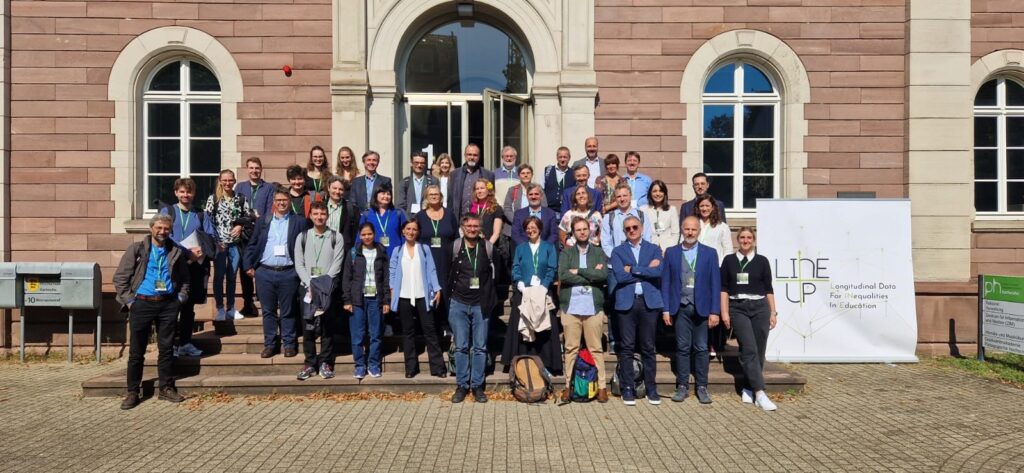
LINEup disseminates its findings through newsletters tailored to different audiences. The “Did You Know?” newsletter targets the general public, while “Lessons Learned” provides actionable insights for researchers and policymakers.
What’s Next for LINEup?
As LINEup progresses, it will deepen its research and translate findings into actionable recommendations. Upcoming activities include:
- Advancing Data Mapping: progressing with the longitudinal data analysis and carrying out a feasibility study for datasets harmonisation in the second half of the second year.
- Qualitative Fieldwork: investigating how schools in France, Germany, Greece, Italy, Spain, and Portugal implement measures to reduce inequalities.
By fostering a collaborative and evidence-based approach, LINEup aims to advance our knowledge of educational inequalities and make Europe’s education systems more inclusive and equitable.
For more details and updates, visit the official LINEup project website and subscribe to our newsletters.
